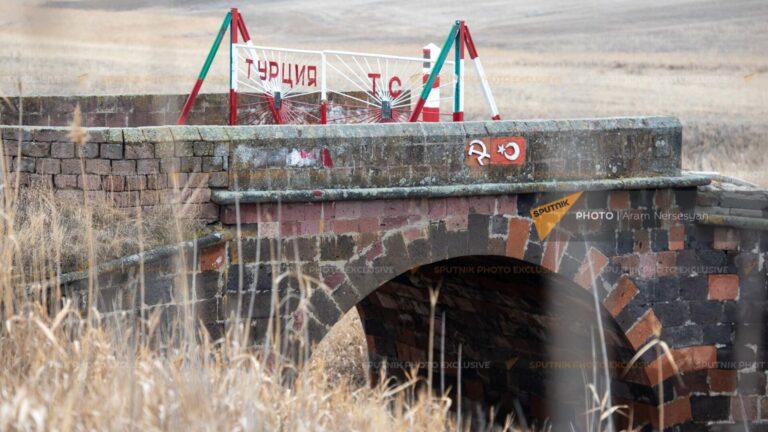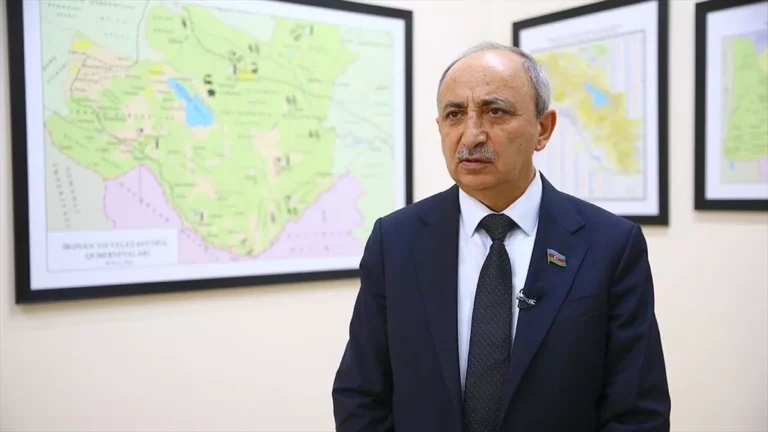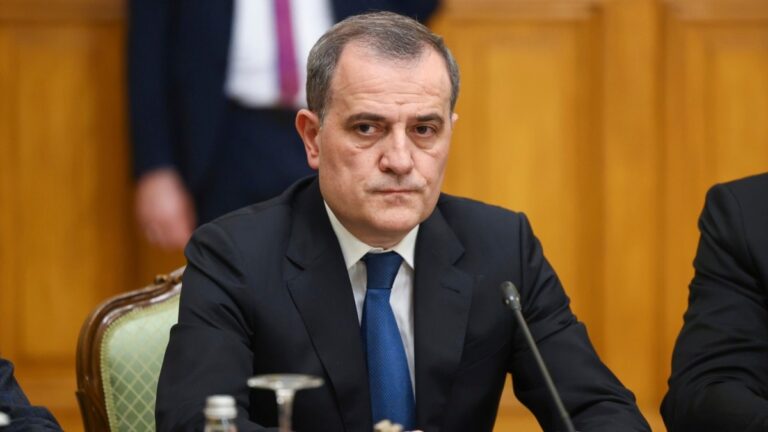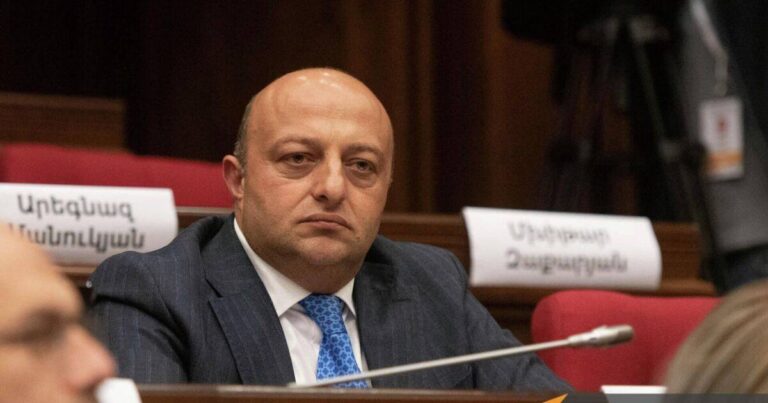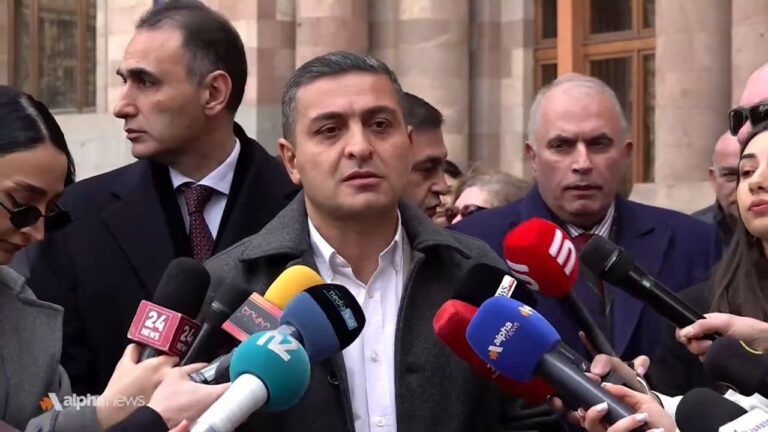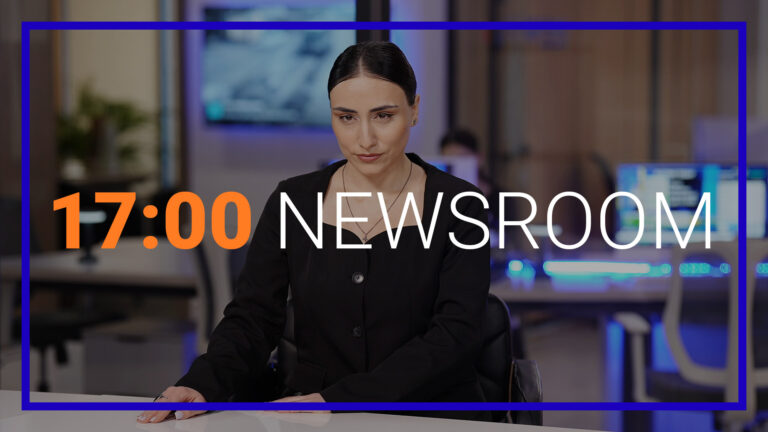Iran’s newly elected president said, ‘Karabakh is Azerbaijan’: Iranist
Pezeshkian is not a citizen of Azerbaijan, he is a Turkic-speaking person, Iranist Zhanna Vardanyan told Alpha News and presented several facts about Iran’s newly elected president.
“Pezeshkian is from northwestern Iran; his father is of Turkic descent, and his mother speaks Kurdish. Pezeshkian himself speaks both languages. Since 2008, Pezeshkian has been a member of the Iranian parliament, representing Tabriz and the surrounding areas. Pezeshkian was also the Minister of Health, but his main function, for which he stood out, was his activity as a member of parliament.
When speaking about his origin, it is correct to use the definition of Turkic or Atropatene origin, because when we mention that he is Azerbaijani, he is immediately identified with the citizens of the Republic of Azerbaijan, which is not the case.
At least some of the Turkic-speaking inhabitants of northwestern Iran are not identical to the citizens of the Republic of Azerbaijan. Therefore, a more appropriate term that we can apply to Pezeshkian and Iran’s Turkic-speaking inhabitants in general is the term Turkic-speaking, or Atropatene. This would also not be ‘grist to the mill’ of Azerbaijan, because Azerbaijan wants to identify the Turkic-speaking Iranians with its citizens and thereby lay claim to Iran’s areas.
So, even from a propaganda perspective, one should not call Pezeshkian an Azerbaijani,” the Iranist noted.
Vardanyan noted that during his activities, Pezeshkian always stood out, since his statements were not so clearly perceived in Iran.
“During his activities, Pezeshkian stood out for his many problematic statements, which were ambiguously perceived in Iran. For example, in 2016, a Turkic-speaking faction was created in the Iranian parliament, which was ambiguously perceived since Iran believed that the creation of any factions on the basis of language is wrong and leads the nation to a split. During the election campaign, he also used the factor of Turkism as well as the factor of other language speakers, for example, the Kurds, speculating that pan-Kurdism allegedly exists in Iran since representatives of these communities do not reach high positions in Iran,” Vardanyan said.
She also noted that the newly elected president of neighboring Iran made anti-Armenian statements, declaring that “Karabakh is Azerbaijan.”
“When he was an MP, Pezeshkian distinguished himself with pro-Azerbaijani statements, in particular by stating that ‘Karabakh is Azerbaijan’, Armenia occupied it, it should be returned to Azerbaijan, etc. He also made statements aimed at Armenian-Iranian relations. We must remember this and consider them in the context that the Turkic-speaking circles of Iran in general have taken a similar position, and this should have been expected from Pezeshkian specifically. Officially, statements were also made by the Iranian side, but not as harsh and outspoken as the statements of the Turkic speakers, which were more based on Azerbaijan’s interests,” Vardanyan said.
The Iranist found it difficult to predict what Pezeshkian would be like as the president of Iran because the government still needs to be formed, it is necessary to understand who will be in it and what policies Pezeshkian will pursue.

